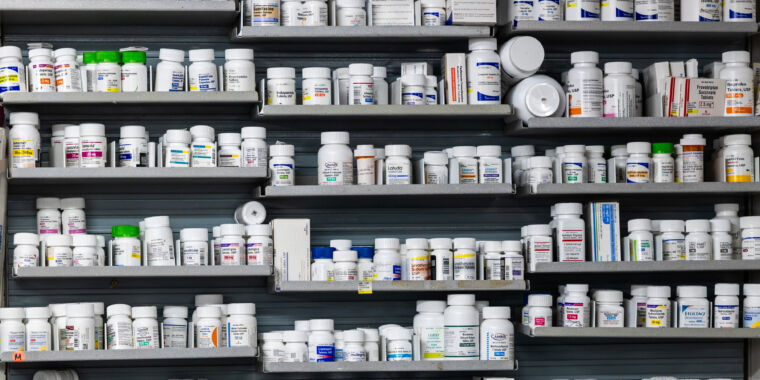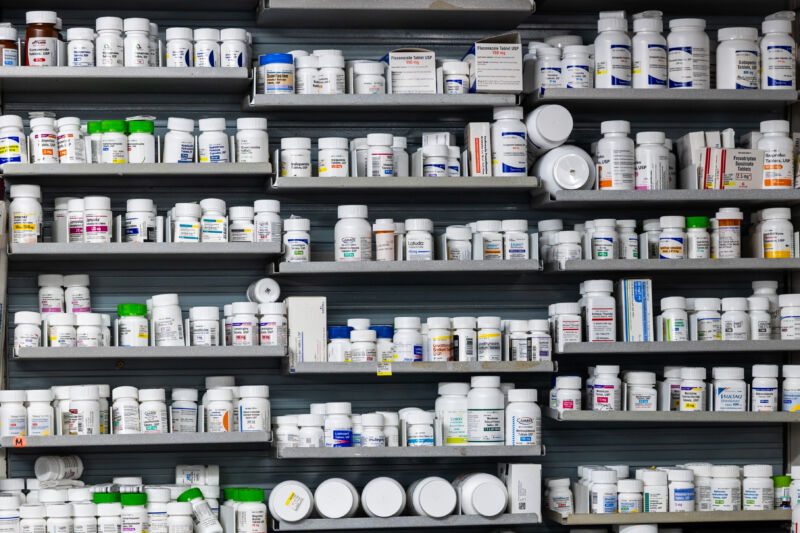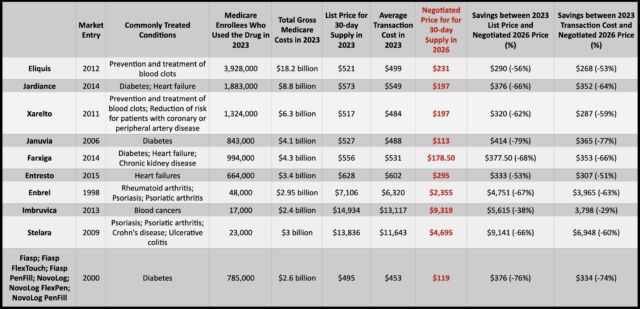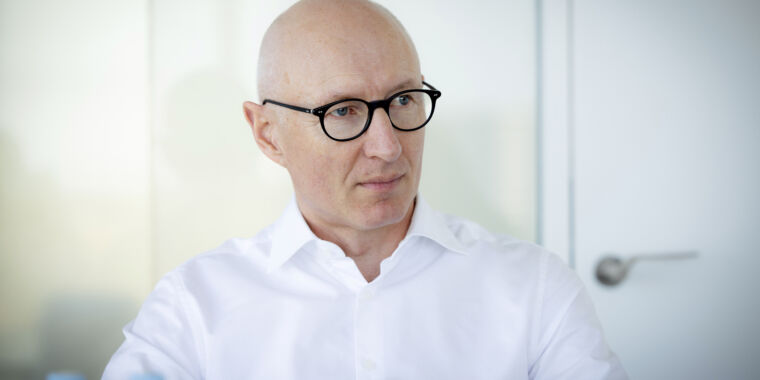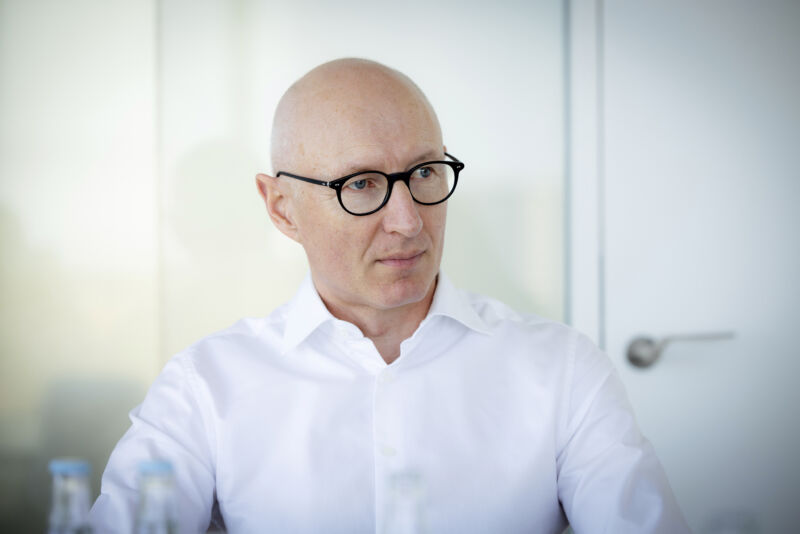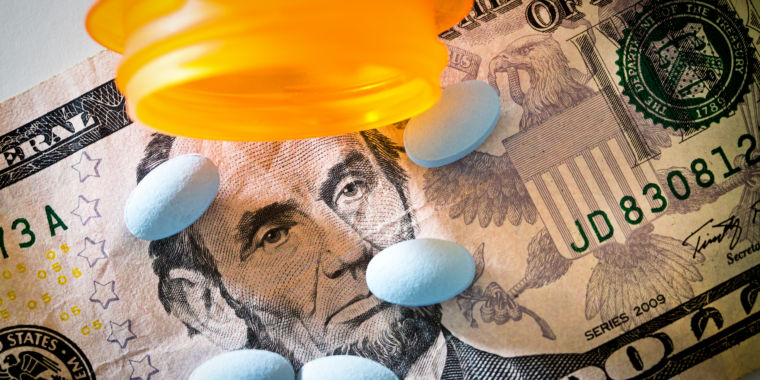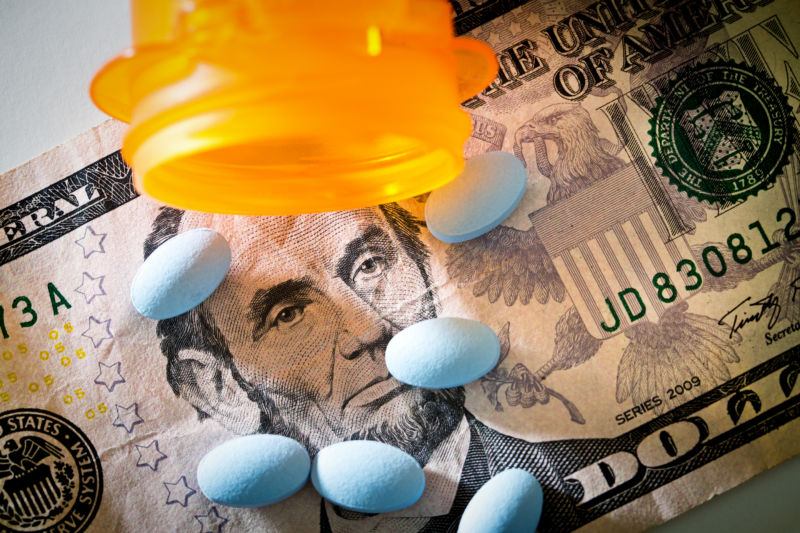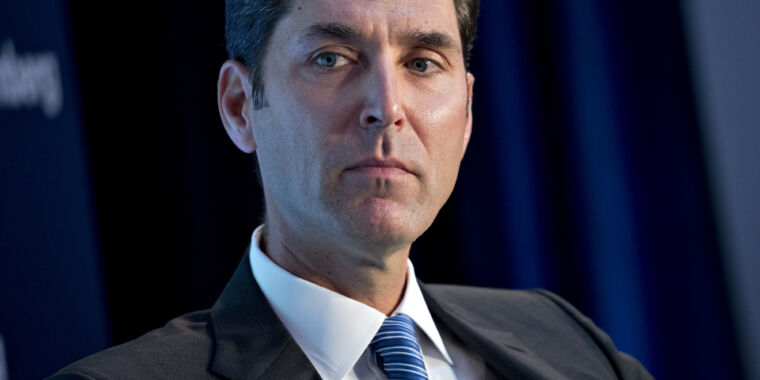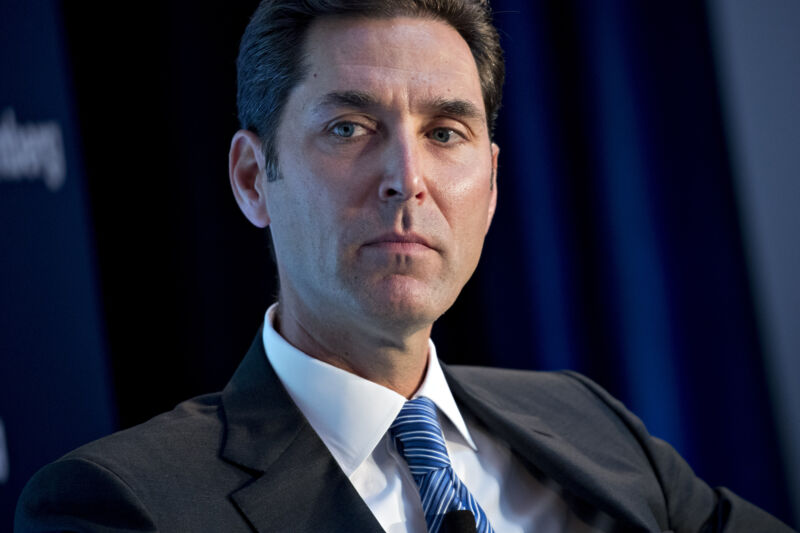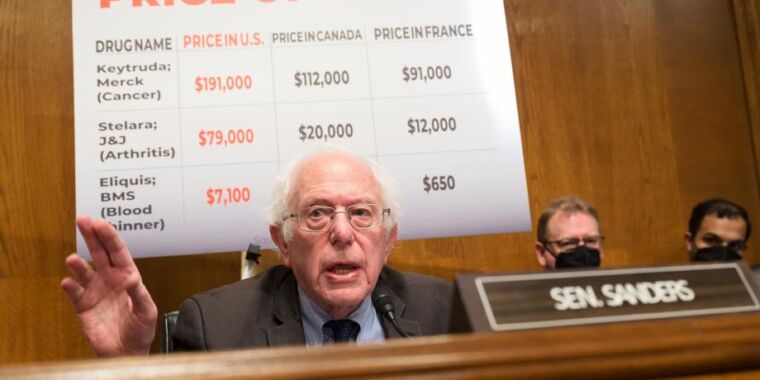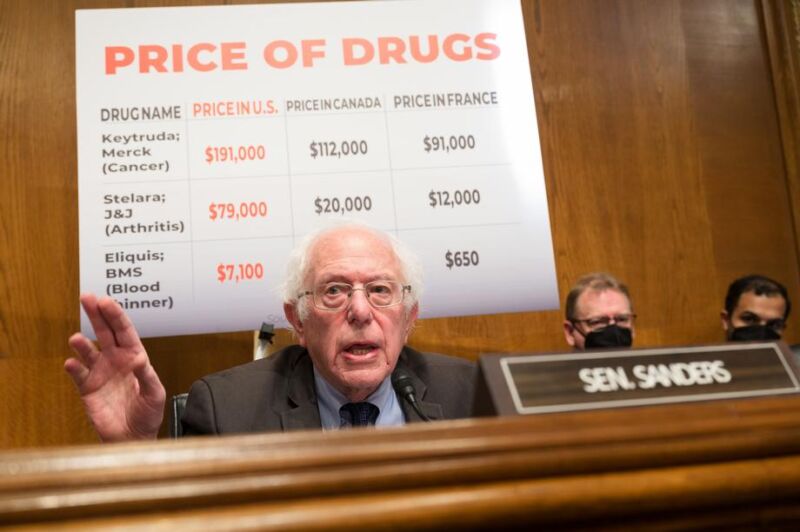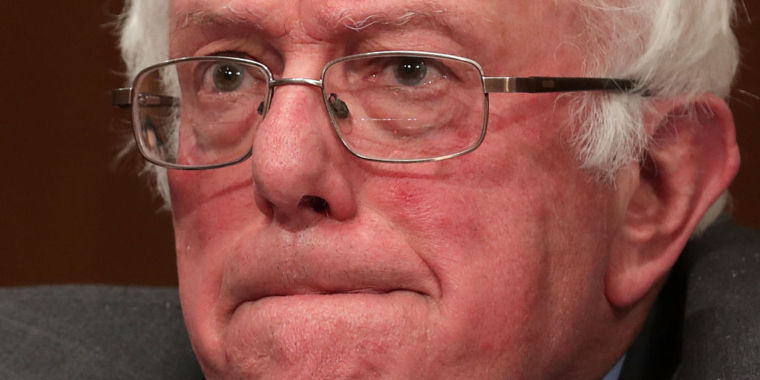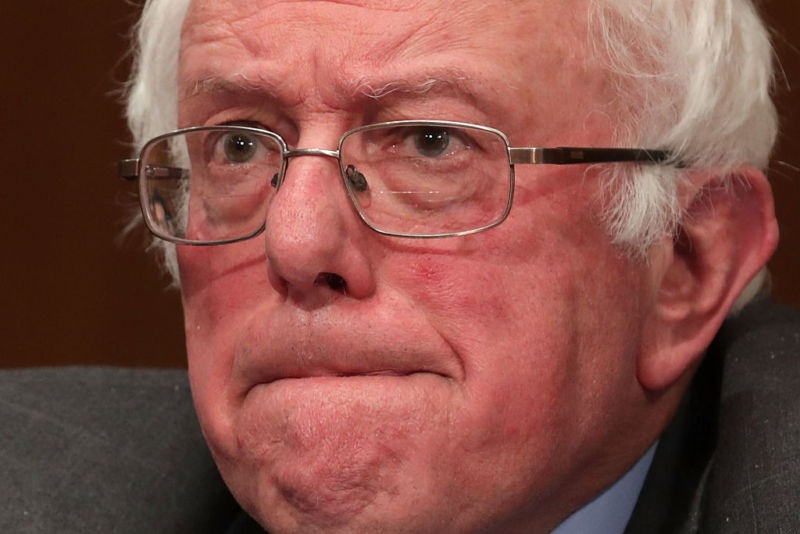Shady drugmaker used code words to sell knockoff weight-loss drug: lawsuit
Starts with a T
Pivotal Peptides—which is not a licensed pharmacy or dispensary—did not respond to the letter. Instead, its website was modified to indicate that it was “down for maintenance,” and the company instructed customers to email directly. About 10 days later, Pivotal Peptides’ registered agent, Elizabeth Gately, then sent an email (which Lilly obtained) instructing customers to place tirzepatide orders using coded language.
“Good News,” the email read, “Pivotal Peptides … is still in business!”
“If a favorite product (starting with T) was your go-to, that name can’t be used in any correspondence with me or listed on my price sheet anymore,” Gately allegedly wrote. “Therefore, I need another identifier and decided (for now) to call this peptide ’11mg.'”
Gately went on to say that the codenamed product “is Pivotal Peptide’s [sic] bestseller,” and “it is the only T size available from PP right now except by special order.” The letter ended with: “Remember to order ’11 mg’ with the latest price to identify the product you want, if applicable, and no longer use T in our communication.”
Pivotal Peptides did not respond to Ars’ request for comment.
In a statement emailed to Ars, a Lilly spokesperson said Pivotal Peptides and the other companies Lilly is suing are engaging in “conduct that poses serious risks to patient safety.” In the lawsuit, Lilly notes that even children could be ordering this DIY, research-grade drug.
“No one should ever be allowed to sell these untested, non-human grade or manipulated drugs to American consumers,” the statement continued.
Lilly’s lawsuits come amid a legal storm over compounded versions of the tirzepatide, which can be legally made by licensed pharmacies as long as tirzepatide is in shortage. On October 2, the Food and Drug Administration announced that the shortage had ended but then decided to reconsider the decision after being sued by compounding pharmacies.
On several occasions, the FDA has warned of safety concerns related to compounded versions of GLP-1 weight-loss drugs.
Shady drugmaker used code words to sell knockoff weight-loss drug: lawsuit Read More »

